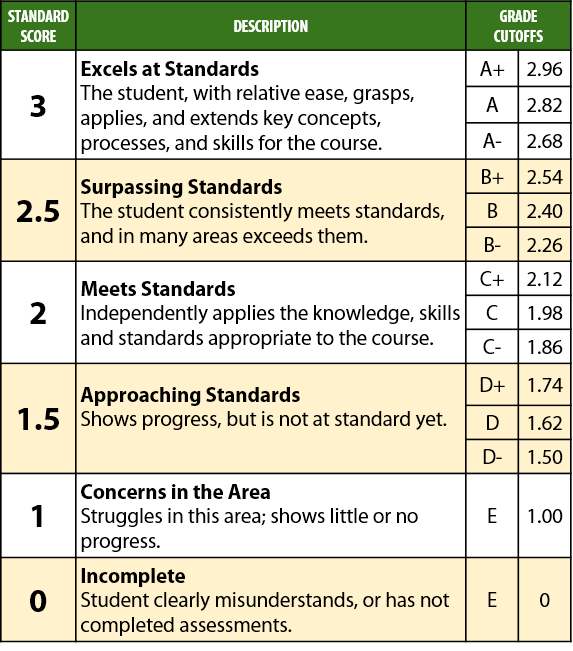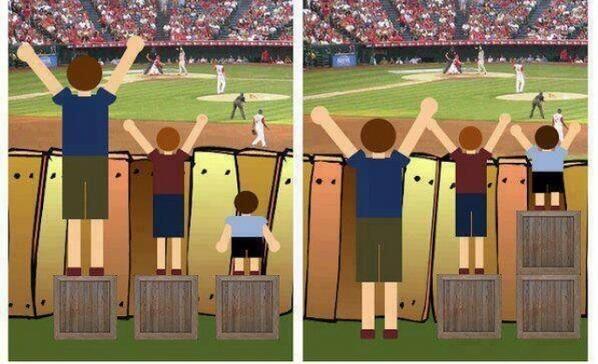Philosophy of Learning, Assessment & Grades
InquiryAt the core of my classes are "inquiry" activities -- a lesson where students analyze historical evidence in order to form and test hypotheses about past events.
Inquiry lessons introduce students to the "doing" of history. Through using evidence to investigate historical questions, students are given the opportunity to see that history is not just a collection of facts, but rather a rigorously constructed set of arguments. As students encounter new and in some cases contradictory evidence, they are asked to reconsider their initial views, learning that interpretations of the past can change based on the available historical evidence. (more) |
|
Practice & FeedbackPractice assignments (often called formative assessment) are usually not graded. This includes notes, homework and in-class assignments.
However, completion of some practice assignments is recorded on the online gradebook with a zero weight towards the overall grade. This is done to provide feedback to parents and students about work habits. A student’s self-assessment of their work is a critical part of this classroom. It provides invaluable feedback and helps students and the teacher set goals. Behavior and Participation Each student must acquire certain skills to be a successful citizen, however a grade must reflect what a student knows and can demonstrate when it comes to specific learning standards. Therefore, non-academic indicators, such as participation, behavior, work completion, attendance & other non-academic indicators, are not included in a student’s grade. |
|
ReassessmentStudents will be given multiple opportunities in various ways to demonstrate their understanding of learning standards. Therefore, reassessment will be encouraged and will be allowed after the re-learn process for full credit up until the last week of the quarter.
|
|
Deadlines & Late Work
|
All assignments are given a due date. However, grades are only related directly to stated content standards. Individual achievement of stated standards are the only basis for grades. Therefor:
|
|



